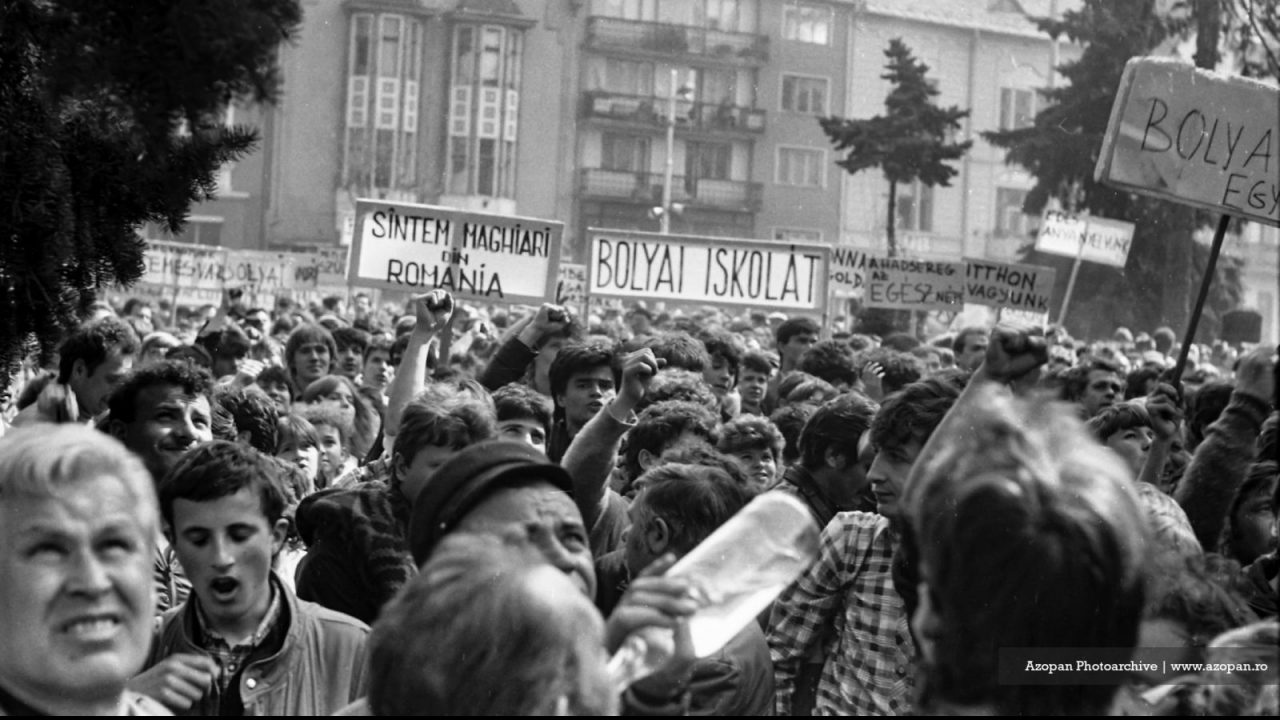Totalitarian regimes do not allow neutrality. You love, you suffer, or you fight. In Palimpsest Scrolls, Dan C. Marinescu exposes these transformations with sharp intellect and firsthand experience. His Romania was not just a place; it was a system of control designed to reshape identity and suppress truth.
The book follows a clear arc: love as a foundation, trauma as a consequence, and rebellion as an inevitability. Each stage unfolds under the weight of an ideology that dictates reality.
Love in a Controlled State
Love exists in every system, but in Communist Romania, it comes with risks. Where Dan grew up, his personal relationships could be leveraged for power. A childhood romance could end under family pressure. A friendship could collapse under the fear of betrayal. Even his intellectual passion, his love for science and discovery, required careful navigation.
The regime filtered books, dictated careers, and determined the boundaries of knowledge. You could learn, but only within limits. You could dream, but only in silence. In Romania, love was never just personal; it was political.
Trauma as Policy
Oppression was not random; it was engineered. Dan’s father survived the Romanian Gulag, a brutal system that crushed dissidents and redefined survival. The government punished individuals and controlled entire families through fear.
The trauma extended beyond the prison walls. Citizens lived in a state of constant vigilance. One wrong word could lead to exile. One misplaced trust could destroy a future. The weight of ideology suffocated the mind before it broke the body.
Rebellion as Survival
Rebellion in Communist Romania was deliberate, calculated, and necessary. Dan’s escape was a strategic break from a system that offered no future. His story reflects the struggle of countless intellectuals who stayed and learned to outmaneuver oppression, while those who left had to rebuild their lives from nothing.
Control does not disappear when regimes fall. The same methods of ideological conformity and mass surveillance continue today in new forms. Misinformation spreads through digital platforms. Political narratives manipulate public thought. Fear of speaking out still dictates behavior.
History Repeats
Palimpsest Scrolls is more than a personal account. It is a warning. Love, trauma, and rebellion do not belong to the past. They exist in every era where power silences dissent.
Dan does not just tell his story; he challenges us to recognize the patterns of control. History does not stop. It moves in cycles. The question is not whether we will face the same struggles again. The question is whether we will recognize them in time to resist. Read Palimpsest Scrolls and see it for yourself—before history writes over them again.



